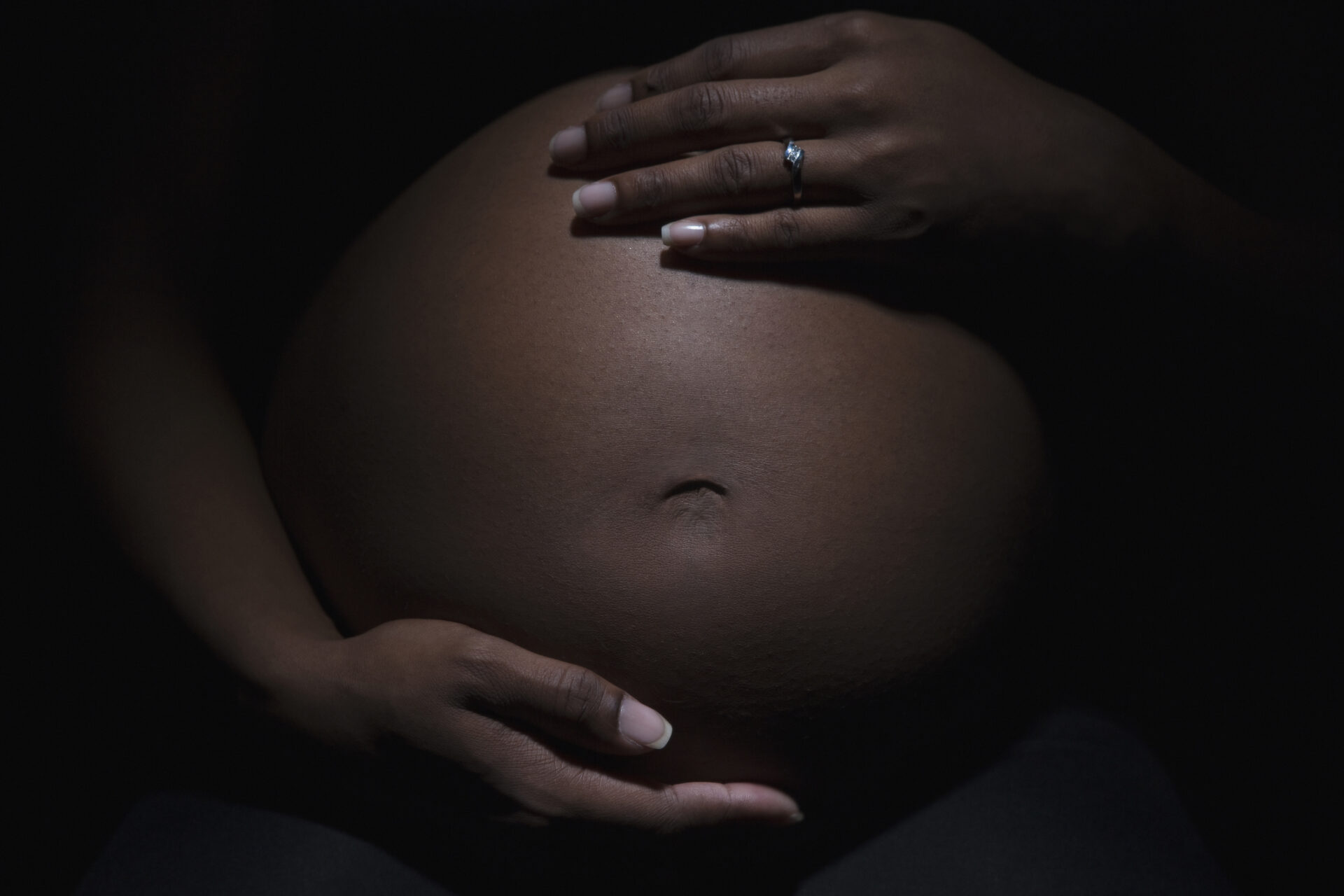Adriana Smith, a 30-year-old nurse and mother from Atlanta, has been declared brain dead for over 90 days. Despite this, she remains on life support due to Georgia’s strict abortion laws.
Smith, who was nine weeks pregnant, began experiencing severe headaches in early February. Her mother, April Newkirk, recounted that the hospital failed to conduct essential tests like a CT scan.
“They gave her some medication, but they didn’t do any tests. No CT scan,” Smith’s mother, Newkirk, told 11Alive.
“If they had done that or kept her overnight, they would have caught it. It could have been prevented.”
The following day, Smith was found unresponsive, and a subsequent CT scan revealed multiple blood clots in her brain. Doctors determined it was too late for surgery and declared her brain dead.
Smith’s heart-wrenching case underscores the complexities of abortion laws in the United States. Georgia’s laws are some of the most stringent in the nation. The state prohibits terminating a pregnancy after a fetal heartbeat is detected, typically around six weeks, unless it’s a medical emergency.
Under Georgia law, because Smith is pregnant and the fetus has a detectable heartbeat, doctors are legally required to maintain life support until the fetus reaches viability. This has left Smith’s family in a state of prolonged anguish.
Newkirk described the situation as “torture,” emphasizing the emotional toll of seeing her daughter’s body kept alive artificially. She also expressed concern for her grandson, who visits his mother, believing she’s merely sleeping.
Smith is 21 weeks pregnant, and doctors aim to sustain her body until at least 32 weeks to give the baby a chance of survival. However, there are concerns about potential health complications for the child. Newkirk highlighted the distress of not having the choice to decide on her daughter’s care.
“This decision should’ve been left to us,” the grieving mother said.
Newkirk is not only concerned with the state of her daughter, but she is also concerned about the health of the unborn fetus. With Smith unable to care for the fetus if it is brought to full term, family members like Newkirk are left to make decisions and arrangements for the care of the child.
“This decision should’ve been left to us. Now we’re left wondering what kind of life he’ll have—and we’re going to be the ones raising him,” she said.
This case brings to light the ethical and legal challenges posed by restrictive abortion laws, particularly in situations involving medical emergencies and end-of-life care. It raises questions about patient autonomy and the rights of families to make deeply personal medical decisions.
As debates over abortion rights continue across the country, Smith’s story serves as an example of the real-life implications of such laws on individuals and families.
RELATED CONTENT: Georgia Seeks To Ban Abortions By Granting Full Rights To Embryos



